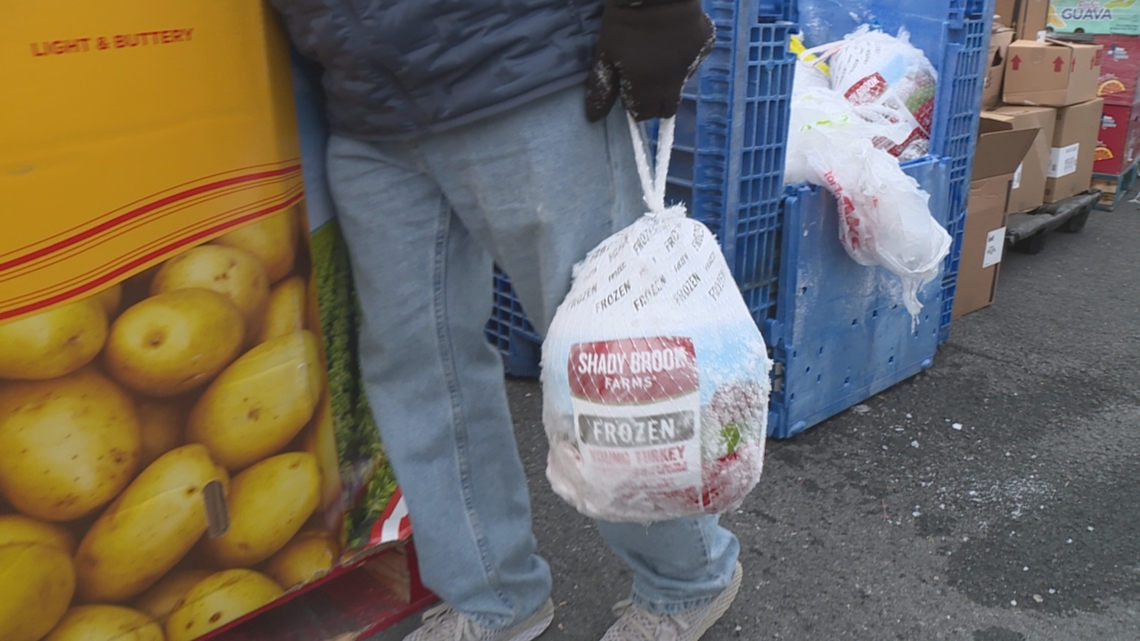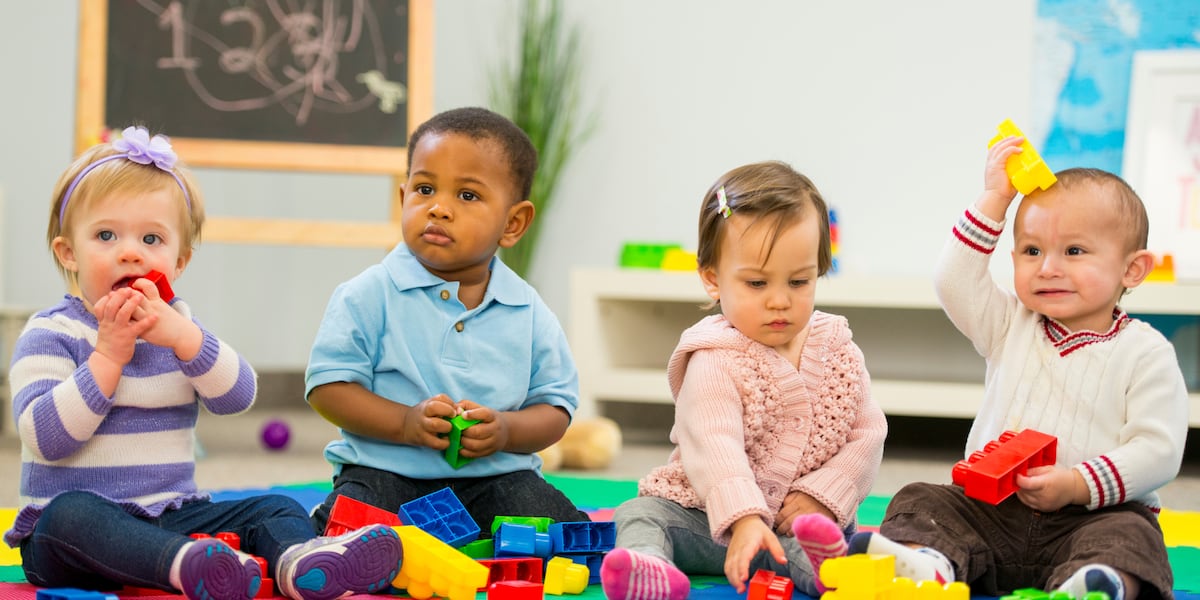
In recent years, the Pittsburgh Opera has introduced an innovative initiative aimed at addressing the significant childcare challenges faced by parents wishing to engage in cultural activities. This program, which began in March 2024, provides free on-site childcare for children aged 2 to 12 during select performances, an effort funded by the Richard King Mellon Foundation in partnership with Flexable, a professional childcare provider.
For many parents, finding affordable and reliable babysitting options can be a substantial barrier to attending arts events. In a city increasingly focused on family-friendly offerings, Pittsburgh Opera’s initiative emerges as a frontrunner, promoting not only accessibility to the arts but also fostering a supportive community for families. Bryan Wright, a local parent who recently took advantage of this service during a Sunday matinee of “Tosca” commented, “We do not have any family in the area, and hiring a babysitter can add a significant cost to our evening out. We were thrilled to see this was being offered.”
The response to Pittsburgh Opera’s childcare program has been overwhelmingly positive, with many families discovering that it allows for a meaningful night out without the stress of childcare logistics. Chris Cox, the Opera’s director of Marketing and Communications, highlighted the necessity of such services, stating that “this new program allows parents to enjoy the performance with peace of mind knowing that their young kids are being cared for right down the hall by trained, certified professionals.”
Pittsburgh CLO has also embraced this trend by providing free childcare during its 2024 Summer Series at the Benedum Center, welcoming children aged 3 to 12 during select performances. Caregivers from the Academy of Musical Theater engaged children with themed activities correlating to the shows attended by their adults, further enriching the experience for both parents and children. Plans for additional programs are already in discussion for the 2025 Summer Season.
Moreover, Pittsburgh Public Theater has introduced “Sitter Sundays,” a childcare service provided during matinee performances in partnership with Jovie of Pittsburgh, funded by the McKinney Charitable Foundation. Dominique Briggs, senior manager of Public Works and Partnerships at PPT, emphasized the goal of this initiative: “We wanted to open up opportunities for families to come to the theater without having to worry about childcare.”
The implementation of such programs is reflective of a broader movement within Pittsburgh’s art institutions to create inclusive environments for families. As noted by Bryan Wright, the benefits of this initiative extend beyond mere convenience; they provide parents with crucial opportunities to reconnect and engage in cultural experiences together. “This provides an opportunity for us to do something together, which we seem to have so little time for these days,” he remarked after attending “Tosca” with his wife, showcasing how community-driven initiatives can significantly enhance quality of life in urban settings.
In conclusion, as cultural institutions in Pittsburgh expand their offerings to include childcare services, they not only broaden accessibility to the arts but also contribute positively to the city’s community cohesion, thereby enriching the cultural tapestry of the region. This growing trend reflects a recognition of the importance of family-friendly policies in making the arts more inclusive and enjoyable for all.


